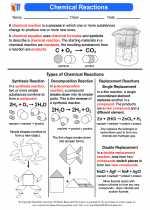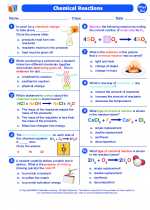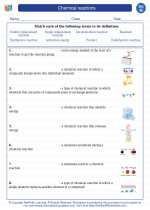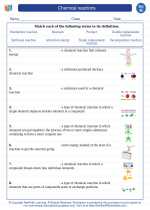Immune System
The immune system is a complex network of cells, tissues, and organs that work together to defend the body against harmful pathogens such as viruses, bacteria, and parasites. It is crucial for maintaining the body's overall health and well-being.
Functions of the Immune System
The immune system has several important functions:
- Defense: It protects the body against foreign invaders, such as viruses and bacteria.
- Surveillance: It constantly monitors the body for any signs of infection or abnormal cell growth.
- Recognition: It can differentiate between the body's own cells and foreign cells.
- Memory: It can "remember" past infections and respond more effectively to future encounters with the same pathogens.
Components of the Immune System
The immune system is comprised of several key components:
- White Blood Cells: These cells, including lymphocytes, macrophages, and neutrophils, are crucial for identifying and destroying pathogens.
- Lymphatic System: This network of vessels and organs, including the spleen and lymph nodes, helps to filter and trap foreign particles and pathogens.
- Antibodies: These proteins are produced by the immune system to help neutralize and eliminate pathogens.
- Complement System: This group of proteins assists in the immune response by enhancing the ability of antibodies and phagocytic cells to clear out pathogens.
Types of Immunity
There are two main types of immunity:
- Innate Immunity: This type of immunity is present from birth and provides immediate, nonspecific defense against pathogens.
- Adaptive Immunity: This type of immunity develops over time as the body is exposed to specific pathogens, and it can provide long-lasting protection against those pathogens.
Disorders of the Immune System
When the immune system malfunctions, it can lead to various disorders, including:
- Autoimmune Diseases: These occur when the immune system mistakenly attacks the body's own cells and tissues.
- Immunodeficiency Disorders: These result in a weakened or compromised immune system, making the body more susceptible to infections.
- Allergies: These occur when the immune system overreacts to harmless substances, leading to symptoms such as sneezing, itching, and swelling.
Studying the Immune System
When studying the immune system, it's important to understand the key concepts, such as the different types of immune cells, the mechanisms of immune responses, and the role of antibodies and antigens. Additionally, it's helpful to explore real-life examples of immune system function, such as vaccination and the body's response to infections.
Students can also benefit from visual aids, such as diagrams and animations, to better comprehend the complex processes involved in immune system function.
By understanding the immune system and its vital role in protecting the body, students can gain a deeper appreciation for the body's ability to defend itself against a wide range of threats.
.◂Science Worksheets and Study Guides Eighth Grade. Chemical reactions

 Activity Lesson
Activity Lesson
 Worksheet/Answer key
Worksheet/Answer key
 Worksheet/Answer key
Worksheet/Answer key
 Worksheet/Answer key
Worksheet/Answer key
 Worksheet/Answer key
Worksheet/Answer key
 Vocabulary/Answer key
Vocabulary/Answer key
 Vocabulary/Answer key
Vocabulary/Answer key
